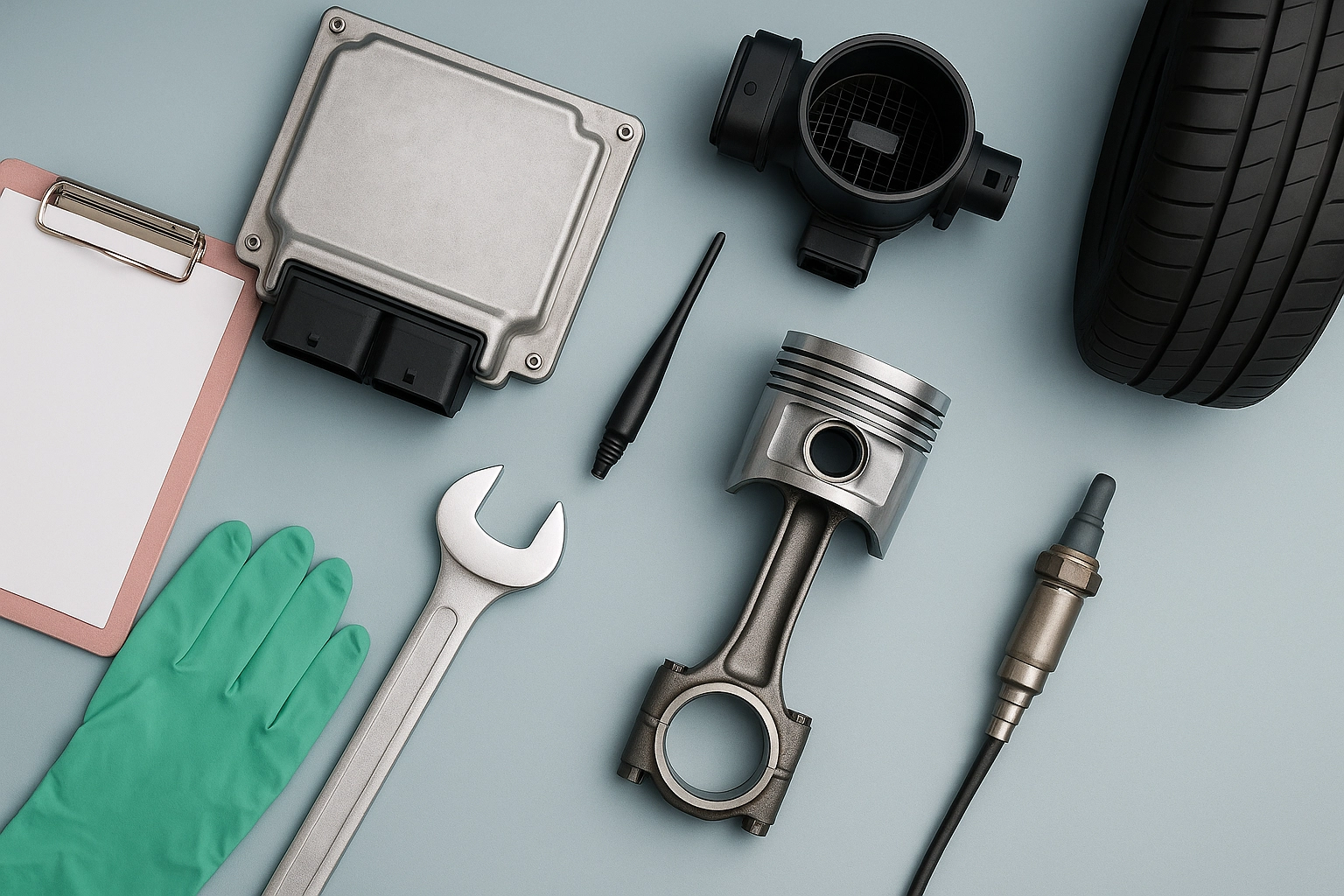ASTM D6594 High Temperature Engine Oil Corrosion
The ASTM D6594 high temperature engine oil corrosion test is a critical method used to evaluate the corrosive properties of engine oils at elevated temperatures. This test is essential for ensuring that lubricants can withstand harsh operating conditions without causing damage to metal surfaces within engines.
This procedure simulates real-world conditions by subjecting engine oil samples to controlled high temperatures and exposure to water vapor, which are known to exacerbate corrosion in automotive applications. The test helps manufacturers assess the potential corrosive effects of their products on critical components such as bearings, pistons, and cylinder liners.
The ASTM D6594 standard specifies that the test apparatus must be capable of maintaining a temperature range between 100°C to 200°C under controlled conditions. The specimens are exposed to these temperatures for extended periods while being subjected to water vapor. This simulation provides insight into how the oil might perform over its expected lifespan in various operating environments.
The test involves preparing engine oil samples according to the ASTM D6594 specifications, ensuring that they meet all purity and composition criteria before undergoing the high-temperature exposure. Once prepared, the samples are placed into the testing apparatus where they remain for a specified duration determined by the manufacturer or regulatory body. During this time, the temperature is carefully controlled within narrow limits to ensure accurate results.
After completing the test cycle, the samples are inspected visually and analyzed chemically for signs of corrosion or degradation. Any changes observed in color, texture, viscosity, or other physical properties may indicate corrosive activity initiated by the oil under high-temperature conditions.
This testing procedure is particularly important for automotive manufacturers who need to ensure their engines operate safely and efficiently across diverse climates and driving conditions. By incorporating ASTM D6594 into their quality control processes, companies can identify potential issues early in development stages and make necessary adjustments to improve product performance and reliability.
The results of this test play a crucial role in meeting industry standards set forth by organizations like SAE International (formerly Society of Automotive Engineers). Compliance with these guidelines not only enhances brand reputation but also contributes positively towards environmental sustainability goals by promoting the use of environmentally friendly lubricants that do not contribute to increased wear and tear on engines.
In conclusion, ASTM D6594 high temperature engine oil corrosion testing is an indispensable tool for safeguarding automotive systems against corrosive hazards at elevated temperatures. Its rigorous methodology ensures accurate evaluation of various types of engine oils ensuring they meet strict quality benchmarks required by modern vehicle manufacturers.
Applied Standards
The ASTM D6594 high temperature engine oil corrosion test is governed by the American Society for Testing and Materials (ASTM) standard. This standard provides detailed instructions on how to conduct the test, including the required equipment, sample preparation procedures, and evaluation criteria.
- ASTM D6594 specifies that the testing apparatus must be capable of maintaining a temperature range between 100°C to 200°C under controlled conditions.
- The standard dictates the duration of exposure, which varies depending on factors such as the type of engine oil being tested and its intended application.
By adhering strictly to these guidelines, laboratories performing ASTM D6594 tests ensure that their results are comparable with those from other reputable facilities worldwide. This standardization promotes consistency across industries and helps maintain high standards in automotive manufacturing processes.
Scope and Methodology
The scope of ASTM D6594 high temperature engine oil corrosion testing encompasses the evaluation of engine oils' resistance to corrosive degradation under conditions resembling those encountered during vehicle operation. This includes assessing how well these lubricants protect metal parts from oxidation, sulfation, and other forms of chemical attack that could lead to premature failure.
The methodology involves preparing engine oil samples according to ASTM D6594 specifications, ensuring they meet all purity and composition criteria before undergoing the high-temperature exposure. The samples are then placed into a specially designed apparatus capable of maintaining temperatures within strict parameters throughout the test duration.
- Prepare engine oil samples following ASTM D6594 guidelines.
- Ensure temperature control is maintained between 100°C to 200°C during the exposure period.
- Examine samples for visual and chemical changes indicative of corrosive activity after completing the test cycle.
This structured approach allows laboratories to consistently produce reliable data that reflects real-world operating conditions accurately. The resulting information enables manufacturers to optimize their formulations continually, enhancing both performance and longevity of automotive components.
Competitive Advantage and Market Impact
- Innovation Leadership: By staying ahead of regulatory changes and incorporating ASTM D6594 into R&D efforts early on, companies gain a competitive edge over slower-moving competitors. This proactive approach ensures that products comply with future standards before they become mandatory.
- Cost Efficiency: Early identification of problematic materials through rigorous testing allows manufacturers to correct issues promptly, avoiding costly recalls later down the line. Additionally, using ASTM D6594 reduces warranty claims by improving overall product quality.
The widespread adoption of this standard across the automotive industry has significantly enhanced safety and reliability standards globally. As more countries implement similar regulations based on ASTM D6594 principles, adhering to these practices becomes increasingly important for maintaining market share.
Compliance with ASTM D6594 also opens up opportunities for collaboration between suppliers and end-users, fostering a culture of continuous improvement within the sector. This collaborative environment encourages innovation while ensuring that all participants adhere to internationally recognized best practices.





